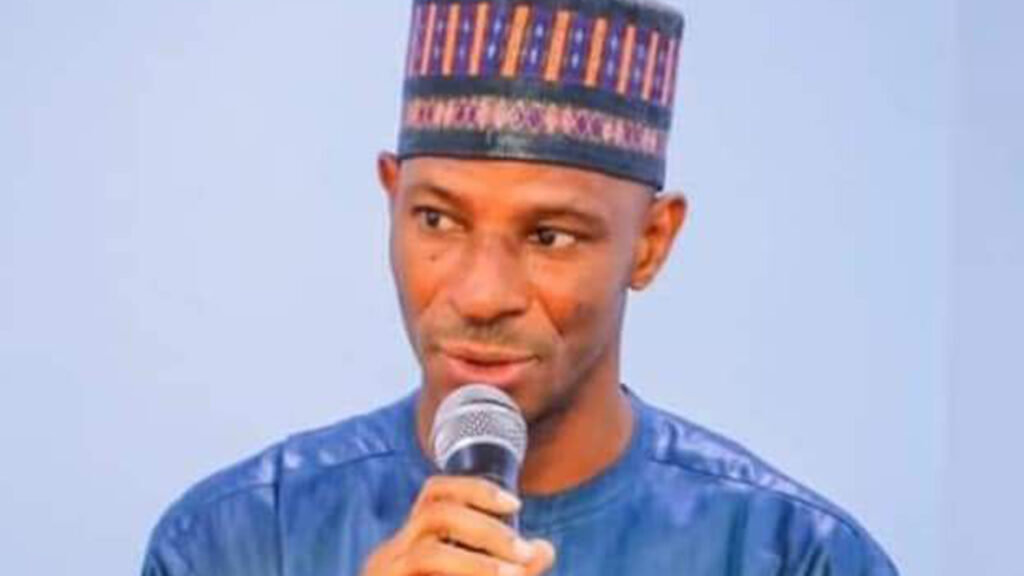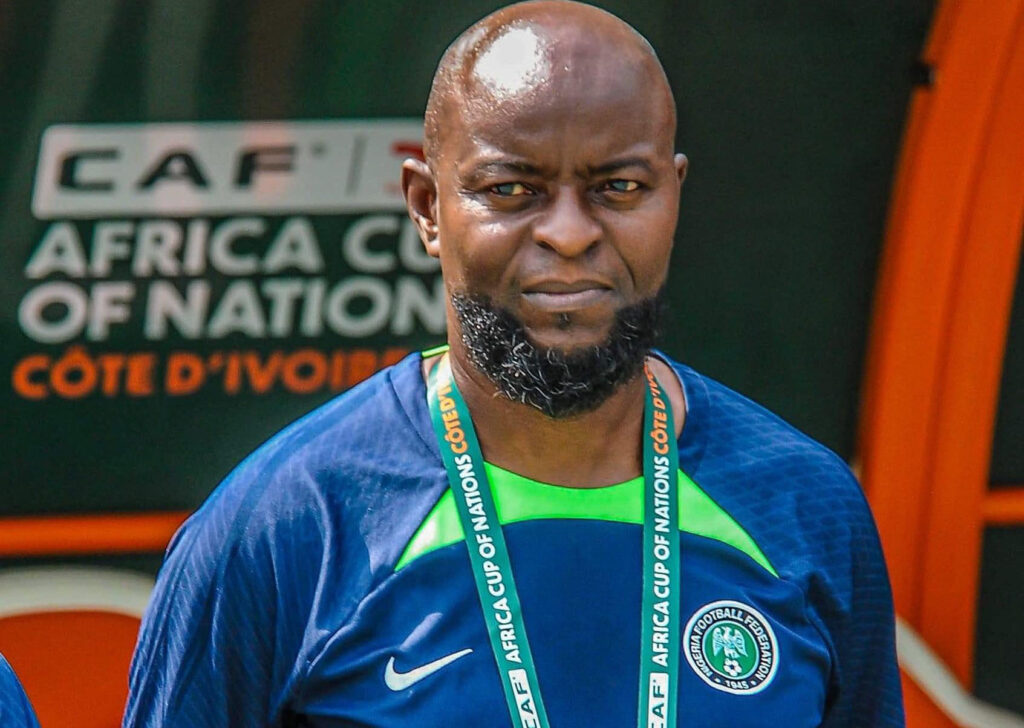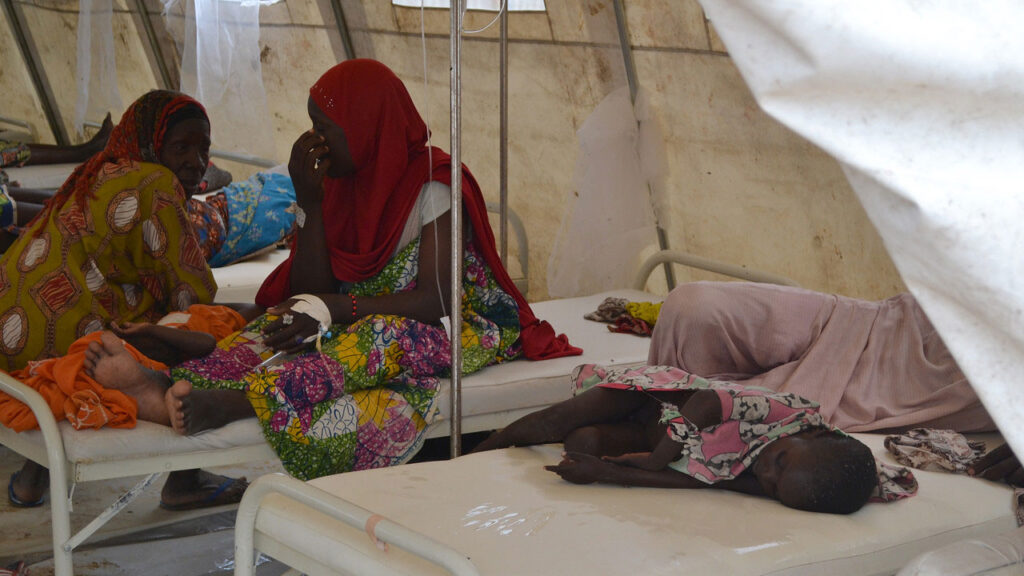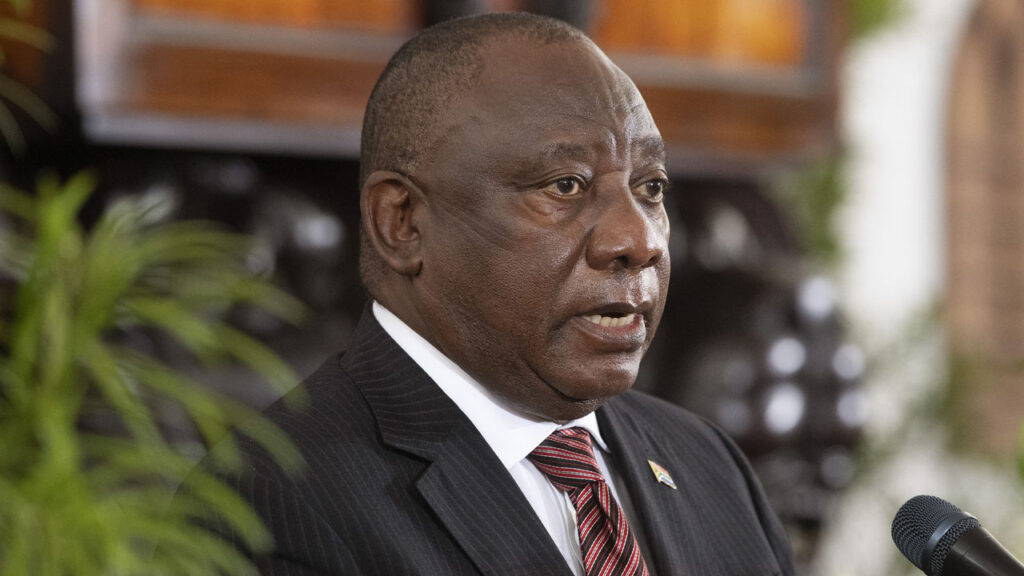
It is reprehensible that children entrusted in the care of tutors are maltreated and even tortured to death in classrooms! Both extremes are criminal acts that should warrant stiffer penalties to put school authorities and their regulators on their toes. It is time the Nigerian society reordered the school system and collectively said no to corporal punishments in schools.
In the past few weeks, there have been gory stories of pupils being brutalised by teachers and proprietors of schools.
In Delta State, a mother alleged that her 17-month-old baby was flogged “like a goat” for being “stubborn”! The child died some days later.
A week earlier, a two-year-old child was lashed by a teacher, leading to multiple laceration marks on his body. These reports are coming a few weeks after a secondary school student, Sylvester Oromoni, died in controversial circumstances following allegations of torture by senior students. The jury is still out on that case.
The blood-chilling murder of five-year-old Hanifa Abubakar by her school-owner in Kano State and the death of a 13-year-old boy, Nuhu Yahya, at the Federal Government College, Kwali, in the Kuje Area Council of the Federal Capital Territory, Abuja after being allegedly hit by his class teacher for not answering questions properly, are glaring cases of child-right abuses in the country. Those examples are just a few of those cases that made media limelight as many cases are unreported after being settled in hush circumstances between parents and school managements. But we cannot continue on this savage path in the 21st Century.
For a society undergoing the throes of child-kidnapping, trafficking, abductions, a large army of out-of-school children and receding family values, the addition of culpable homicide in classrooms is one hostility too many. This signposts a failed society that cannot protect its children nor offer hope of a brighter tomorrow to the young ones. This attendant failure of leadership in the education sector is inexcusable.
Clearly, the Nigerian Child Rights Act of 2013 (CRA) forbids all forms of violence and physical assaults against every Nigerian child in every location and under any guise. Though most state governments have domesticated this Act in their respective domains, the political will to enforce the provisions is paramount. It has been noted that the problem of Nigeria is not the absence of laws but the failure to enforce them appropriately thereby encouraging impunity. Besides, Nigeria is a signatory to the United Nations Convention on the Rights of the Child (1989), which has similar provisions on the protection and safety of the child.
Indeed, the widespread culpable negligence of our derelict society dates back to the era of collective disregard for the education sector and the scant attention to the needs of children and adolescents. In the last three decades, the teaching profession has become the last refuge for, mostly, those who could not find jobs anywhere else in the polity. Therefore, the floodgate was thrown open to those who have no business in teaching to become teachers, headmasters and even principals! Proprietors’ greed to hire cheap and pliant labour also contributes to the parlous state. The consequence is the influx of frustrated tutors, who freely exert unhealthy energy on the hapless children.
To undo this abnormality, society as a whole must return to the era of trained and qualified teachers to stir the destiny of the Nigerian child. Government too must create an enabling environment for teaching. The neglect must stop. But beyond professional qualifications, the process of recruitment must include psychological fitness to handle the peculiar needs of children and adolescents. In many instances, immature and emotionally unstable teachers find their way into the school system. How else can we rationalise the spectacle of a teacher beating a minor to the point of death, as a punishment for being stubborn?
The desirability or otherwise of corporal punishment in schools has been a subject of heated debate worldwide. Those who support corporal punishment hinge their arguments on the need to ensure discipline in schools and to serve as a form of deterrence to would-be delinquents while others argue that it may deflate the confidence level of the pupils and in certain cases harden them. More important is the infliction of bodily and psychological harm. In the United States, New Jersey was the first state to ban corporal punishment as far back as 1867 but it took over a century for another state to follow suit. As of now, 31 states in the U.S. have banned the use of corporal punishment in public schools while the majority of private schools do not also allow corporal punishment.
In Nigeria, by virtue of Articles 295 of the Criminal Code, 55 of the Penal Code and Shari’a penal codes, the right of parents to use force to correct their children is affirmed. Specifically, by virtue of Article 295(4) “a schoolmaster or a person acting as a schoolmaster” is automatically considered as having been entrusted with authority for correction, including the power to “determine in what cases correction ought to be…”
But in the light of the current gory realities, repeal of these provisions has become imperative, at least to realign Nigeria with modern trends. The federal and state governments are hereby urged to enact no-corporal punishment laws in schools in their jurisdictions. That will give muscle to the call to make schools safer, tame activities of immature teachers and ensure a generally genial environment of learning for the pupils. Other non-corporal forms of punishment can evolve, subject to the peculiarities of the learning environment.













